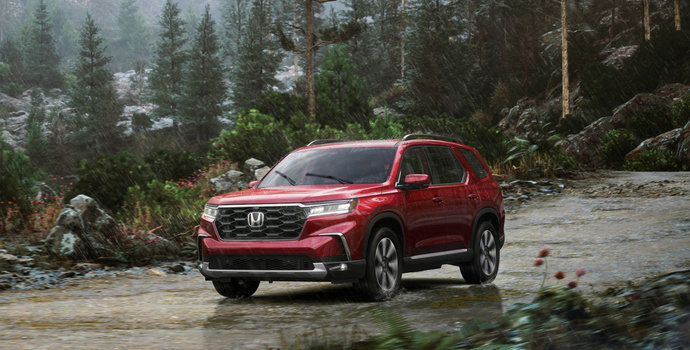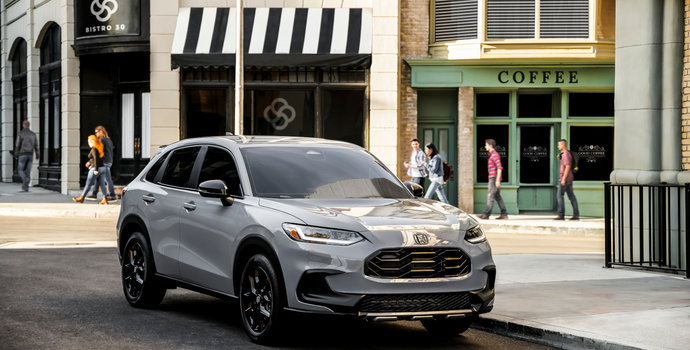When you go to trade in your car or sell it privately, you’ll need to know how much it’s worth so you can get the price you deserve. A vehicles value is determined through the appraisal process, where the car is thoroughly inspected by a professional car appraiser to determine its selling price. Here is an overview of the car appraisal process and the factors that determine your car’s value.
The Appraisal Process
Dealers these days appraise vehicles based on “Market Value.” Computers are used to scan a seemingly endless stream of online vehicle listings in order to establish an average selling price of a particular make, model, and year of the vehicle.
When you bring your car in to a dealership for appraisal, the appraiser will inspect the vehicle inside and out taking notes on its condition and anything that would affect its value. Anything that needs to be repaired or that would otherwise lower the value of the vehicle is all factored into the appraisal. Then, an extensive road test is conducted to assess the car’s overall drivability and mechanical function.
Once the vehicle is thoroughly assessed, the information gathered will be entered into the computer to determine its average selling price. Then, the estimated expenses involved in repairing and reconditioning the vehicle will be deducted from the average selling price. Finally, the appraiser will deduct the profit the dealership plans to earn from selling the vehicle to determine the car’s final appraised value.
Factors That Determine The Value Of Your Car
When an appraiser is evaluating your vehicle, these are the factors that will affect the appraised value of your car.
- Age. Typically, the older the car, the lower its value.
- Make and Model. Certain brands and models hold their value more than others. For example, Honda Civics is well known for maintaining its value more than other similar vehicles.
- Trim. Referring to the exact specs on a vehicle’s engine, standard features, number of doors, color, and other options, a vehicle’s trim play a large role in the value of a vehicle.
- Options. Certain features of a car will either raise or lower its value. For example, leather seats are more valuable than standard cloth seats, and power windows are more valuable than manual windows. Other options such as transmission type, navigation options, sunroofs, wheels, and tires all factor into a car’s overall value.
- Condition. Stains, rust spots, dents, if it has been improperly repaired will all lower the value of a car, but if a car has been well maintained and cared for, that will have a positive effect on the car’s value.
The only way to know exactly how much your vehicle is worth is to have it appraised. There are some things you can do to raise the value of your car that will bring you more money at trade-in or sale. Making any needed repairs will go a long way to increase the value of your vehicle.
If you’re ready to bring your vehicle into Orangeville Honda to get appraised, simply give us a call to set up an appointment.






